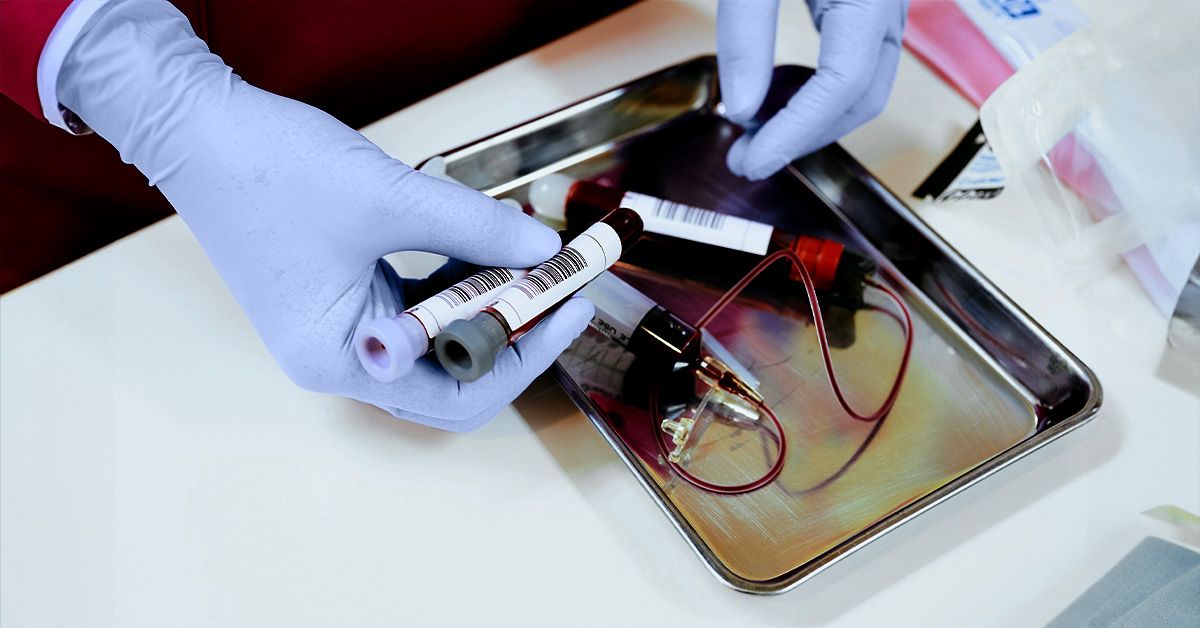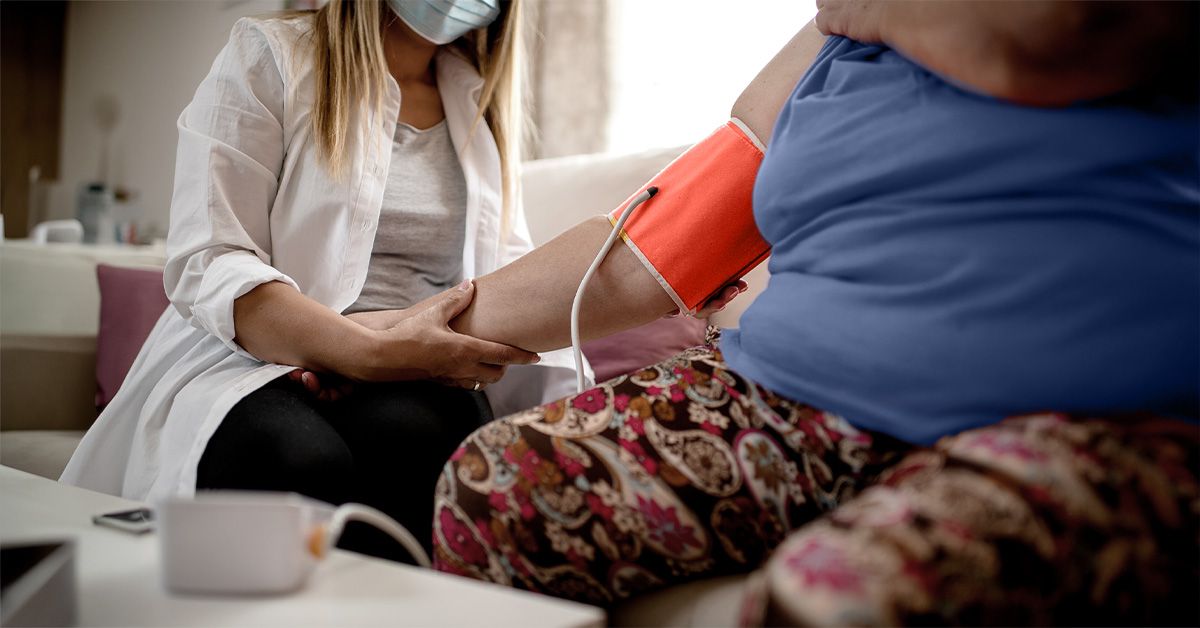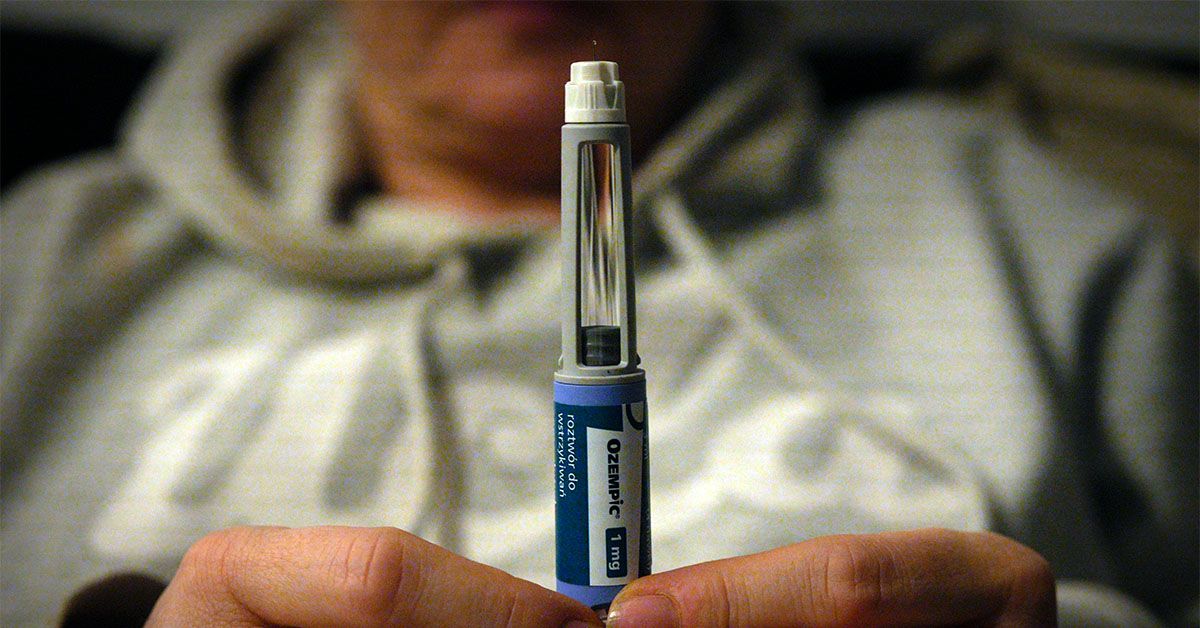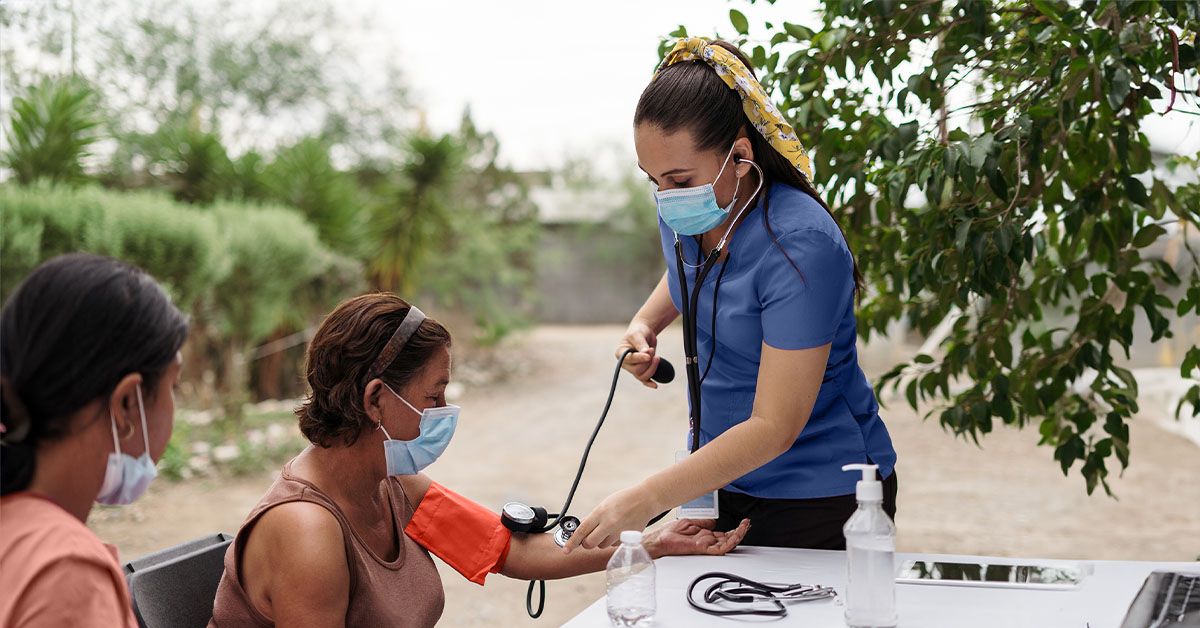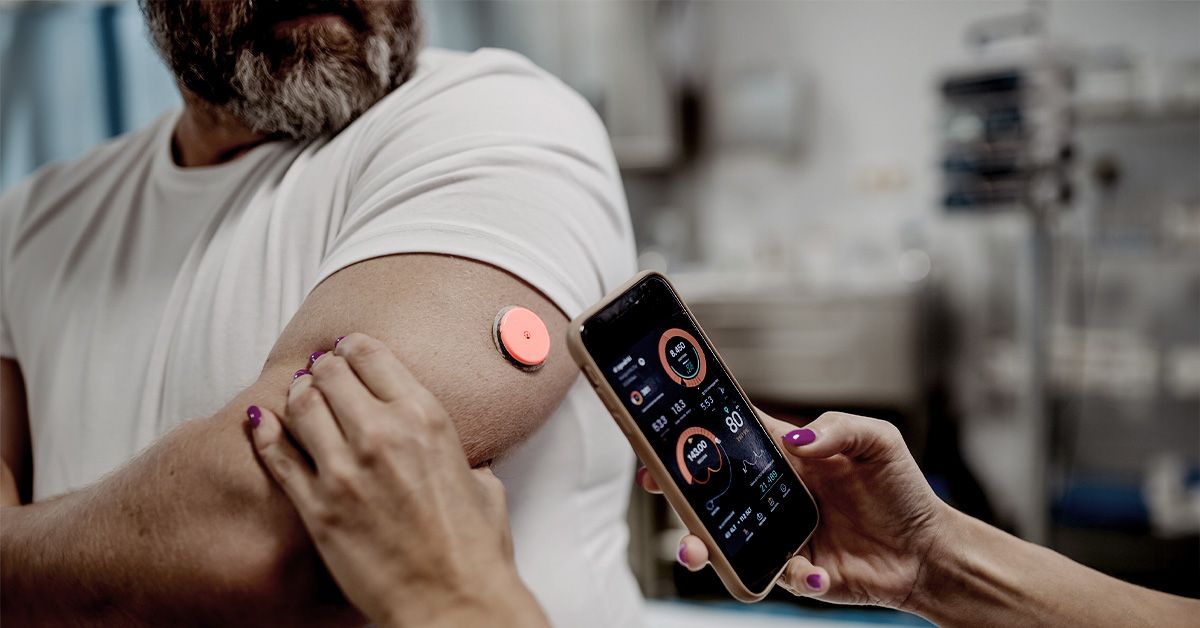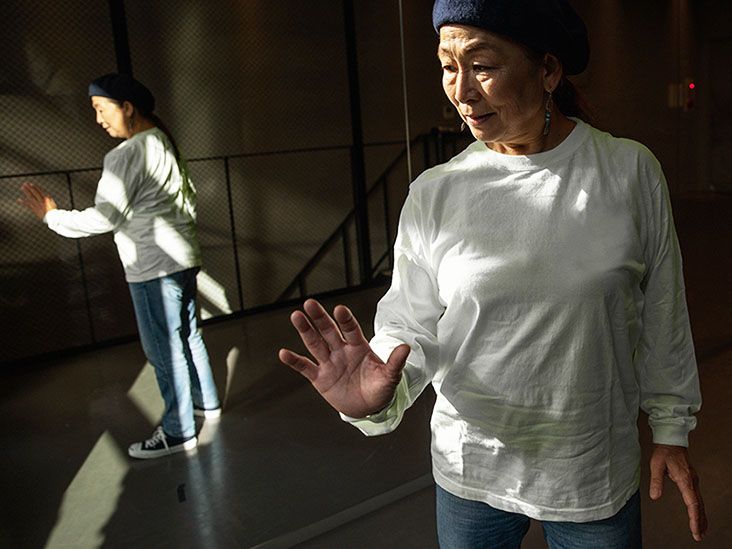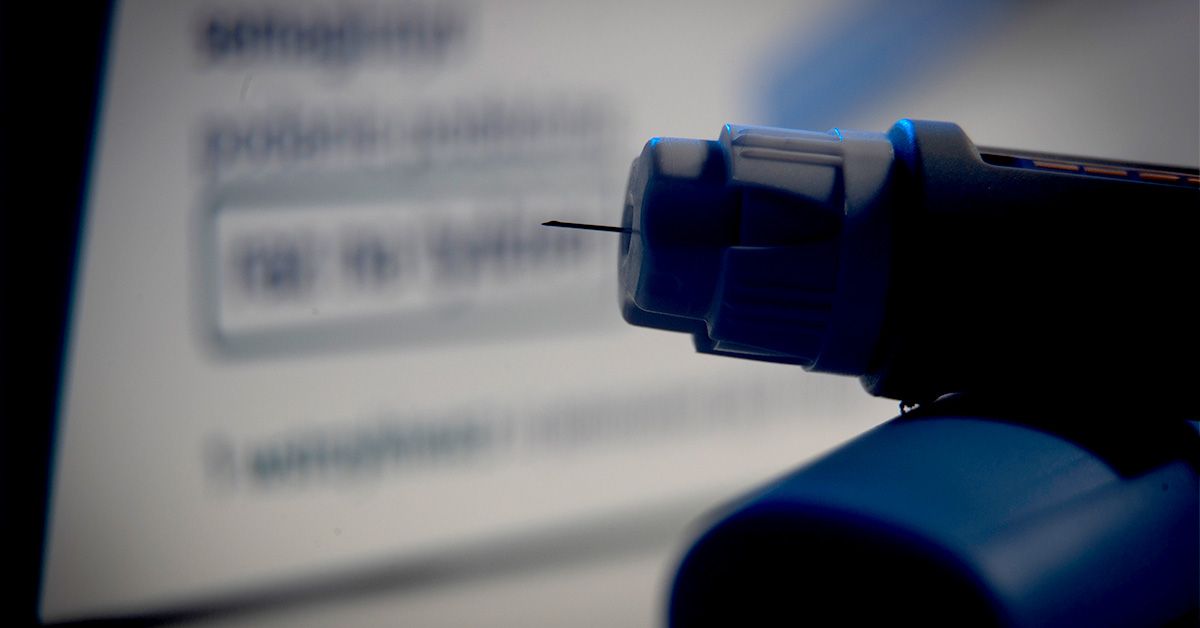- Scientists say they have discovered that a familial form of Alzheimer’s disease could be a separate disease instead of an offshoot.
- They say the findings mean that this inherited form of Alzheimer’s may be more common than previously thought.
- They say a form of a gene known as APOE may be a key to genetic testing.
Genes that increase the risk of developing Alzheimer’s might be a separate form of the disease, according to a new
Scientists previously knew there were two forms of Alzheimer’s disease — familial and sporadic. As the name suggests, genetic mutations cause the familial type. Familial types generally develop earlier and are not as common. Previously, medical professionals believed that less than 5% — perhaps 1 in 50 cases — were familial.
Based on the new study, researchers say the inherited form of Alzheimer’s would account for 1 in 6 cases. This change came about because scientists say they better understand the role the
There are several forms of APOE a person can have:
- APOE2 is considered protective against developing Alzheimer’s
- APOE3 is considered neutral
- APOE4 increases the risk of developing Alzheimer’s. People with two copies of this gene have an elevated risk.
Initially, APOE4 was considered a risk factor. Scientists are now saying that it is an inherited form of Alzheimer’s and regarded as a separate disease.
“I am not sure it is a separate diagnosis,” says Dr. Thomas Wisniewski, the director of the New York State Center of Excellence for Alzheimer’s Disease at the Pearl I. Barlow Center for Memory Evaluation and Treatment.
“I think they make a reasonable argument, but I do not think it is its own disease. I see it as a subtype of Alzheimer’s,” Wisniewski, who was not involved in the study, told Medical News Today.
Researchers from the United States and Spain compared people with two copies of APOE4 to people with other types of the APOE gene.
The scientists looked at data from about 3,300 brains stored in the National Alzheimer’s Coordinating Center and data from 10,000 people from five clinical trials.
When looking at the brains stored in the Coordinating Center, researchers noted that 273 had two copies of the gene. Out of those, 240 had dementia.
The researchers also found that in people with APOE4 – the inherited form of the disease – the disease appeared about 10 years earlier – with onset on average at approximately 65 years old. According to their findings, the disease was more severe earlier for people with this inherited form of Alzheimer’s than for those with other forms of Alzheimer’s.
The researchers said that having one copy of the gene increases the risk of developing Alzheimer’s. However, with two copies, there was a higher risk of having beta-amyloid and tau build-up in the brain.
Based on these findings, the researchers suggest that people with two copies of APOE4 have a genetic form of Alzheimer’s.
“This is a significant study regarding the etiopathogenesis of Alzheimer’s disease with potentially profound effects on risk mitigation and precise management,” said Dr. Paul Psychogios, a clinical geneticist and regional associate director of Providence Southern California in Los Angeles & Orange Counties.
“This novel information may assist on the early identification of asymptomatic individuals with higher genetic risk to develop [Alzheimer’s] and pave the way for prevention of the disease by the implementation of novel therapeutic modalities including tailored drug treatment,” Psychogios, who was not involved in the study, told Medical News Today.
“It is about the providers’ query regarding the patient’s family history and appropriate analysis, identification of potential heritable or other molecular etiology of the disease, accurate estimation of genetic risk to develop [Alzheimer’s], and finally about the knowledge of how and when to refer to clinical geneticists for evaluation and appropriate genetic testing,” he said. “These results may contribute to novel care models and therapeutic opportunities with the goal to effectively prevent and finally cure this devastating disease.”
A
However, APOE4 is strongly associated with heart disease. It is possible that people with two copies of the gene died from cardiovascular disease and were therefore not associated with dementia because their deaths occurred before researchers began looking for dementia.
The scientists in the new study say they believe that 15% of people diagnosed with Alzheimer’s have two copies of APOE4. About 2% of the general population have two copies of the APOE4 gene, which would place it among the most prevalent inherited diseases.
“Not everyone with APOE4 goes on to have Alzheimer’s,” Wisnieski said. “First, they would need to make it to old age. There are also lifestyle and environmental factors that play a role.”
Currently, physicians don’t routinely request genetic testing for people diagnosed with Alzheimer’s. The study authors say this type of testing could help and suggest that physicians recommend it for their patients.
One treatment for Alzheimer’s is lecanemab, a medication that works to clear amyloids in the brain.
However, people with two copies of APOE4 are more likely to experience brain swelling from these medications, making knowing whether someone has two copies potentially life-saving. Some treatment centers do not offer this medication due to the risk of brain swelling.
“I do ask all my patients considering lecanemab (Leqembi) to undergo genetic testing,” Wisniewski said. “Some people prefer not to know their risk assessment. However, after explaining the reasoning, I haven’t had anyone turn me down. Leqembi is just one medication in the class, but so far, it is the only one that is FDA approved.”




